Very informative and interesting presentations. Well delivered, good, clear course notes for future reference and to help focus on talk. Useful demonstrations
General Information and Course Costs
GR Technologie Ltd (Concrete Solutions) is one of the UK’s leading companies specialising in training in concrete and concrete repair. We lecture regularly on topics associated with the inspection and repair of concrete. Training courses are usually presented “in-House” for Clients, but public courses are presented from time to time or may be available via equipment suppliers such as Proceq SA. New for 2020 onward, we can deliver the course via “Zoom” to your delegates, just as if they were at a physical event. This means we can deliver a course anywhere in the world!
Understanding Concrete Defects, Diagnosis and Repair
INTENDED FOR
Technicians and Engineers who need a basic understanding or revision of concrete deterioration mechanisms, methods of diagnosis, and techniques for concrete repair. The course is intended as a stand alone course or can be combined with our course on Concrete for Engineers and Contractors, to make a 2 day course.
MAX PARTICIPANTS – 15 for both Physical and Online Courses (to encourage questions and active participation.
THE SPEAKER
Professor Michael Grantham BA EurChem CChem FRSC IEng MCQI CQP HonFICT
Mike has worked for several of the major testing houses in a career spanning some 30 years. He has been involved in a considerable amount of testing work on bridges and other heavy structures such as; car parks, office buildings, multi-storey flats, down to small scale problems with prc housing. He is a Visiting Professor at Leeds University, supporting their MSc Advanced Concrete Technology course.
TARGET BENEFITS
After the course, participants will have an understanding of deterioration mechanisms for concrete, methods for diagnosis of these problems, including some of the newer techniques such as linear polarisation for corrosion rate measurements, radar, ultrasonic tomography, infra red thermography etc. They will understand how these techniques are applied in diagnosis and how concrete repairs can effectively deal with the problems.
9.00 – Registration and Coffee
9:30 – What is concrete : constituents, cement, aggregates, steel, admixtures. Special problems arising from the use of materials. Carbonation of concrete, calcium chloride, high alumina cement.
Recognising concrete defects : Structural cracks, reinforcement corrosion, alkali silica reaction, freeze-thaw damage, shrinkable aggregates, chemical attack, fire damage, poor quality construction, plastic cracking – plastic settlement and plastic shrinkage cracks.
10:30– Coffee
11:00 – Investigation of defects – the Two Stage Approach
Desk study, visual surveys, covermeter survey, ultrasonic pulse velocity and tomography surveys, sampling by coring and dust drilling, chemical analysis, determining compressive strength, including assessment by non-destructive methods (SONREB for example) petrographic examination, rebound hammer, other near to surface tests – the Windsor Probe, the LOK test, break off tests, sub surface radar, infra red thermography.
12:30- Questions and discussion
1:00 – Lunch
2:00 – Testing for reinforcement corrosion : Half cell potential, resistivity, linear polarisation measurements to determine corrosion rate of steel (section loss per year).
3:00 – Tea
3:30 – Concrete repairs : the patch repair approach –
When to use and when not to use it, understanding the cost implications and remeasurement. Electrochemical repair: cathodic protection, realkalisation and desalination, galvanic cathodic protection including Hybrid systems, new textile reinforced repair materials and overlays, strain hardening engineered Cementitious composites: What they do, how they work, practical experience. Corrosion inhibitors, what they are and do they work?
4:45 – Questions and discussion
5:00 – Course closes
All delegates will be given a certificate of attendance. Full and detailed course notes, with photographs and illustrations are provided on Memory Stick (90+ pages)
PRICES
The Physical Course costs
£1200 per day
(with a limit of about 15 on numbers) Plus VAT.
We may be able to offer a reduction if just a few people require training, depending on venue. The online course option is available for groups of 5 or more at a cost of £125.00 per person
Testimonials
Very interesting and educational, well presented in a pleasant atmosphere
I found this to be a very informative lecture with good reference to practical situations
